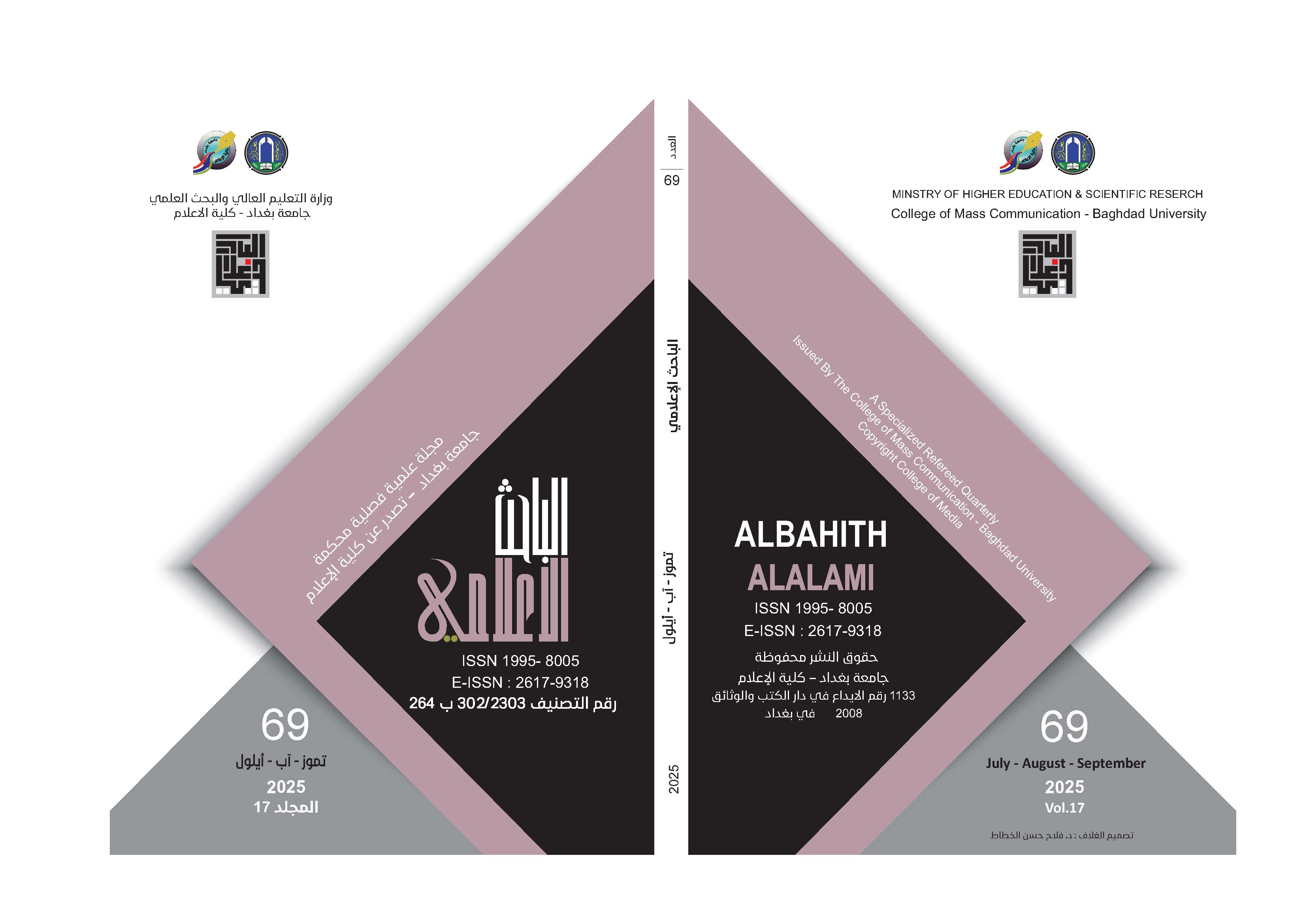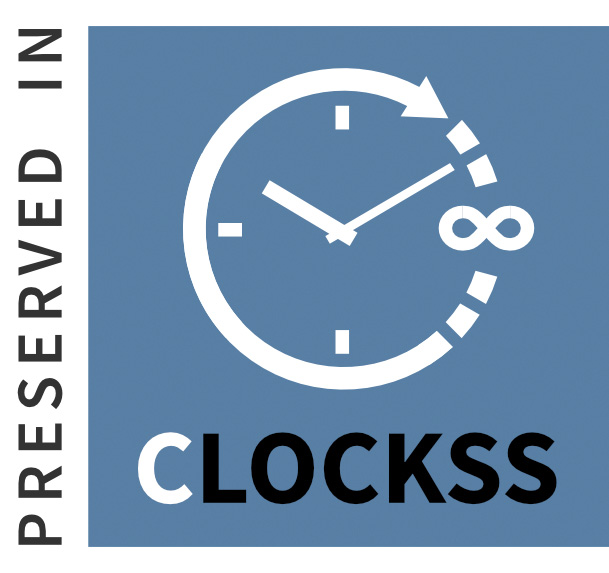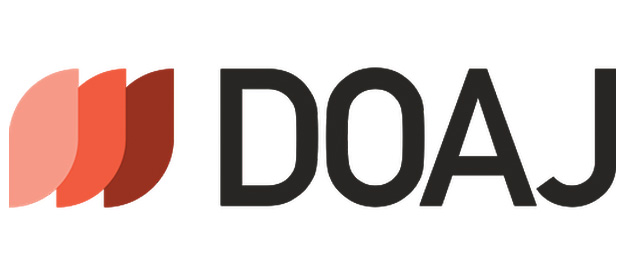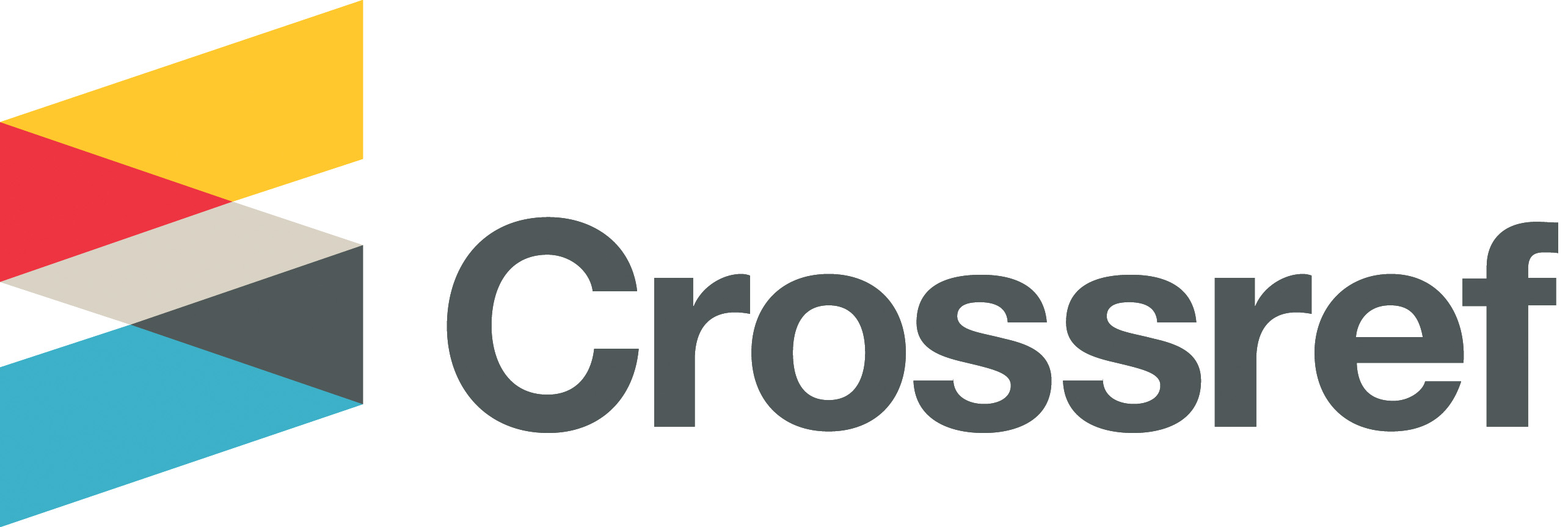منصات التواصل الاجتماعي ودورها في المساهمة بمعالجة السلوكيات المنحرفة من وجهة نظر الشباب الجامعي
DOI:
https://doi.org/10.33282/abaa.v17i69.1279الكلمات المفتاحية:
دور، منصات، التواصل الاجتماعي، السلوكيات المنحرفة، الشباب الجامعيالملخص
الأهداف: تهدف هذه الدراسة إلى التعرّف على منصات التواصل الاجتماعي ودورها في المساهمة في معالجة السلوكيات المنحرفة من وجهة نظر الشباب الجامعي.
المنهجية: تُصنف هذه الدراسة ضمن البحوث الوصفية، وقد اعتمدت على المنهج المسحي، وتكوّن مجتمع البحث من طلبة كلية العلوم السياسية في جامعة بغداد للعام الدراسي 2024-2025، أما عيّنة البحث فقد بلغت 10%، إذ تم اختيار (100) طالبٍ منهم باستخدام أسلوب العيّنة العشوائية البسيطة.
النتائج: أظهرت النتائج أن غالبية المبحوثين يستخدمون مواقع التواصل الاجتماعي بكثرة بنسبة بلغت 96%، ويتابعون بشكل كبير المقاطع المصوّرة، ويُقبلون على استخدام تطبيق "إنستغرام"، كما تبين أن أكثر الجهات التي تتابعها العيّنة هم المؤثّرون والشخصيات المعروفة، وقد أشار المبحوثون إلى أن المحتوى التوعوي يحاول إثبات وجوده منافسًا للمحتوى السلبي والإيجابي، ويتم متابعته بانتظام من قبل الطلبة، وأظهرت النتائج وجود سلوكيات منحرفة يسعى الشباب إلى الحدّ منها، وكان أكثرها شيوعًا هو التنمّر الإلكتروني بجميع أنواعه، وأن الحملات التوعوية الرقمية المصوّرة والمنشورة تُعَدّ الأكثر استخدامًا في توعية الناس، والمحتوى الواقعي القريب من الحياة اليومية للمبحوثين هو الأكثر تأثيرًا فيهم، وقد أقرّ المبحوثون بأهمية الحملات الرقمية التوعوية بنسبة 83%.
الخلاصة: تُعالج السلوكيات المنحرفة من خلال التركيز على تقويم المحتوى وجعله هادفًا، فضلًا عن تأثير المحتوى التوعوي الذي تقدّمه هذه المنصات على مستخدميها من الشباب، ويرصد البحث تفاعل الشباب مع محتوى وسائل التواصل الاجتماعي الذي يسهم في تصحيح بعض السلوكيات لديهم، وتشير نتائج البحث إلى أن وسائل التواصل الاجتماعي إذا ما استُخدمت بشكل هادف، يمكن أن تكون أداة توجيهية وتوعوية فاعلة في تعزيز القيم الأخلاقية والحدّ من مخاطر الانحرافات السلوكية مثل الإدمان، والسلوك العدواني، والتطرّف.
التنزيلات
المراجع
Ben Mazouz, H., & Aarqoub, N. (2023). Theory of uses and gratifications in New Media :Simulating or Keeping Up? (Theoretical Study). Rakmana - Journal of media and communication studies, 3(3), 72-85. https://asjp.cerist.dz/en/article/235628
Bhatiasevi, V. (2024). The uses and gratifications of social media and their impact on social relationships and psychological well-being [Original Research]. Frontiers in Psychiatry, Volume 15 - 2024. https://doi.org/10.3389/fpsyt.2024.1260565
Boukhdna, A. (2014). The Consumer’s Environmental Behavior as an Approach to Achieving Sustainable Development: A Field Study of Consumer Behavior in Guelma Province [Published PhD Dissertation, University 8 Mai 1945 Guelma]. https://dspace.univ-guelma.dz/jspui/handle/123456789/132
Cheng, Y. (2023). The Impact of social media on Deviance and Crime. Journal of Education, Humanities and Social Sciences, 22, 877-873. https://doi.org/10.54097/ehss.v22i.14555
Djeboub, W. (2017). The use of social networking sites and their relation to the behavior of the university student. Journal of Humanities & Social Sciences, 1(5), 85 - 74. https://doi.org/10.26389/AJSRP.D221017
Elrod, L. (2024). Deviance (sociology) | Research Starters | EBSCO Research. EBSCO. https://www.ebsco.com/research-starters/sociology/deviance-sociology
Hammadi, M. O. (2025). Iraqi youth's use of social networking sites and its relationship to their behavioral patterns. Scientific Journal of Research on Women, Media, and Society Studies, 2(4), 223-257. https://doi.org/10.21608/jwms.2025.380736.1033
Jaafour, S. (2023). The Impact of Social Media on Deviant Sexual Behavior Among University Youth: A Field Study on Students at University Kasdi Merbah Ouargla [Master's Thesis, University Kasdi Merbah Ouargla]. https://dspace.univ-ouargla.dz/jspui/handle/123456789/33997
Kaplan, A. M. (2015). Social Media. In The Wiley Blackwell Encyclopedia of Consumption and Consumer Studies (pp. 1-5). https://doi.org/10.1002/9781118989463.wbeccs214
Mahar, A. S. (2024). The Impact of Social Media on Juvenile Delinquency: A Mixed-Methods Approach to Understanding the Role of Online Social Networks in Shaping Youth Behavior. Remittances Review, 9(3), 1488-1507. https://remittancesreview.com/menu-script/index.php/remittances/article/view/2551?utm_source=chatgpt.com
Medfouni, J. E. (2019). Uses and gratifications theory; from mass communication to Digital communication. The Journal of El-Ryssala for Media Studies, 3(3), 64-91. https://asjp.cerist.dz/en/article/101460
Moon, J.-W., An, Y., & Norman, W. (2022). Exploring the application of the uses and gratifications theory as a conceptual model for identifying the motivations for smartphone use by e-tourists. Tourism Critiques, 3(2), 102-119. https://doi.org/10.1108/trc-03-2022-0005
Rais, I. A. (2016). Uses and Gratifications Theory and Its Applications to New Media (A Theoretical Approach). Dirassat & Abhath, 8(25), 501-513. https://asjp.cerist.dz/en/article/1117
Ungvarsky, J. (2024). Gratification | Research Starters | EBSCO Research. EBSCO. https://www.ebsco.com/research-starters/social-sciences-and-humanities/gratification
Van Lange, P., Kruglanski, A., & Higgins, E. (2012). Handbook of Theories of Social Psychology: Volume 1. SAGE Publications Ltd. https://doi.org/10.4135/9781446249215
Vinney, C. (2024, March 06). Uses and Gratifications Theory in Media Psychology: How and why we make our choices for media consumption. Verywell mind. https://www.verywellmind.com/what-is-uses-and-gratifications-theory-in-media-psychology-5217572
Youssef, H., & Abdel Nabi, M. A. S. (2019). Recent Trends in Uses and Gratifications Theory. Egyption Journal for Specialized Studies, 7(23), 39-72. https://doi.org/10.21608/ejos.2020.91134
التنزيلات
Key Dates
الإستلام
النسخة النهائية
الموافقة
منشور
إصدار
القسم
الرخصة
الحقوق الفكرية (c) 2025 الباحث

هذا العمل مرخص بموجب Creative Commons Attribution 4.0 International License.


















